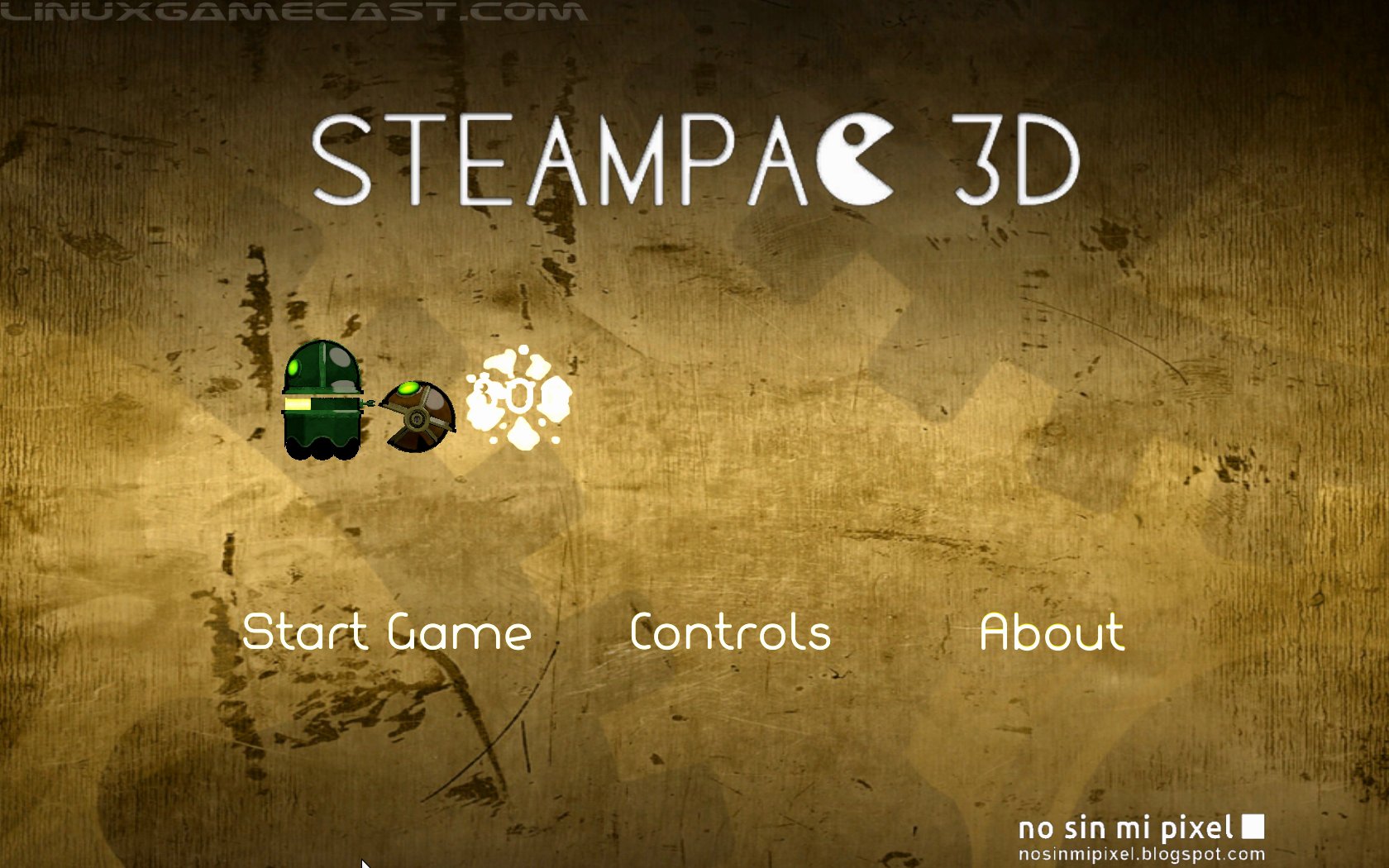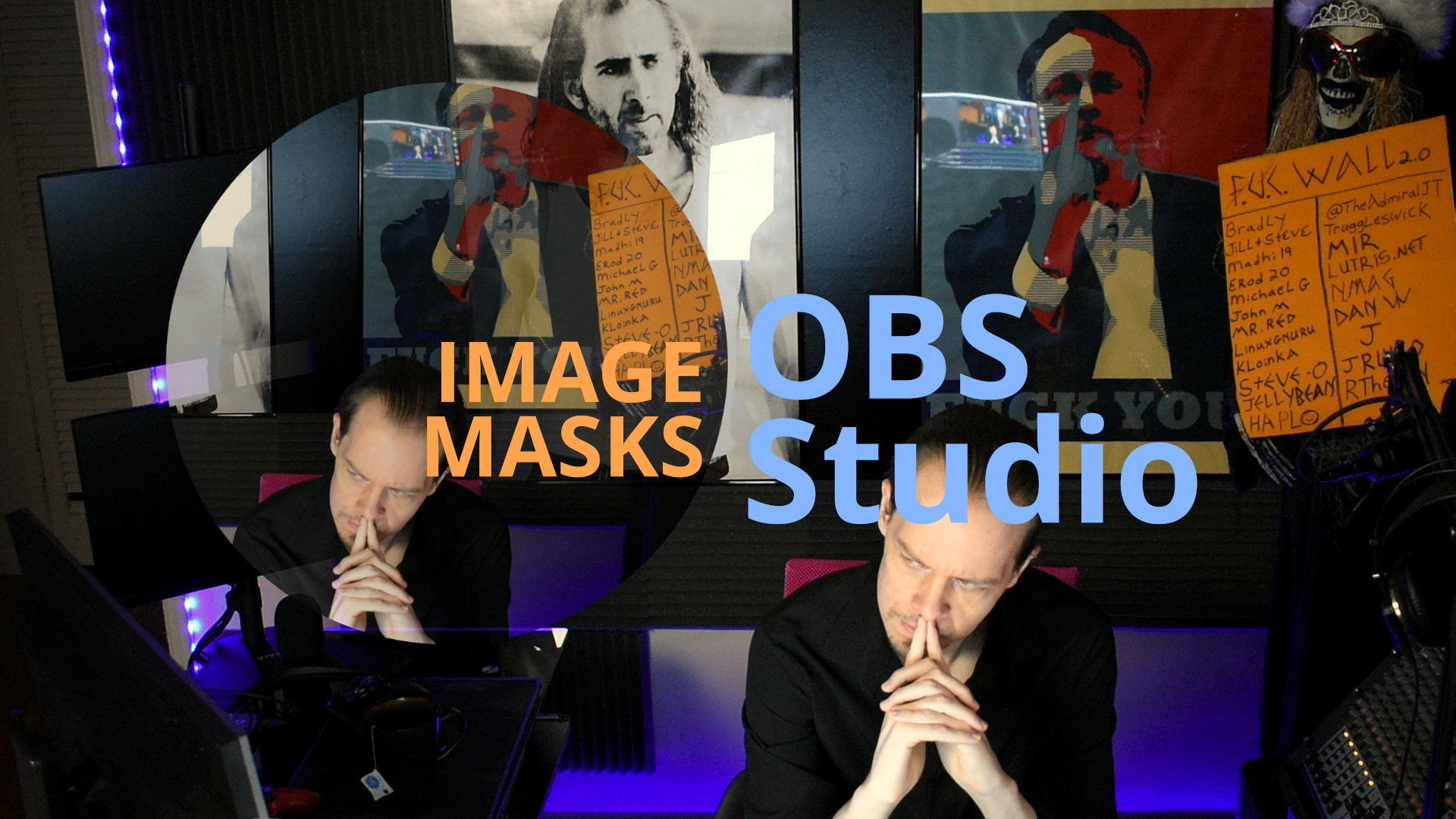Ubuntu unleashes a Rolling Rhino! Serpent OS wants to change how you Linux, KDE moves to gitlab, and Cadmus simplifies background noise reduction.
Listen:
Download:
Subscribe Spotify | Pandora | TuneIn | RSS | More
Timestmps:
05:55 Rolling Rhino
09:20 Linux Mint 20
14:00 SnakeJazzOS
20:22 Dell XPS 13
23:53 Oryx Pro
27:00 Lemmy funding
29:38 KDE moving to gitlab
32:28 Cadmus
37:08 Shameless self promotion
40:33 GNU Health
Colour key: Venn Pedro Jill
- Ubuntu is getting their version of Debian testing.
- Is this doing anything more than setting the devel repo?
- Rolling Rhino can’t detect PPAs or desktop meta-packages, yet.
- I have heard Martin Wimpress talk about having an official Ubuntu rolling release sometime in the future, and this seems to be the first step.
- There was a time when I enjoyed rolling releases but then I took a production studio to the knee.
- It’s a way for home users to avoid the big update every six months without having to be on the LTSs which get massively out of date after a bit.
- Linux Mint 20 Cinnamon desktop has been released with lots of major new features, along with the removal of Snaps that we have talked about.
- Yeh, Linux Mint makes file sharing easy again with Warpinator.
- And is one of the reasons to recommend it to new users.
- And we now have per monitor fractional scaling options.for multi monitor setups!
- You can set the scaling not only at 100% and 200%, but at 125%, 150%, 175% as well.
- This is really wonderful, especially when dealing with different resolutions of monitors.
- Clever!
- They’re not using X to do the per-screen scaling, they’re doing it in Cinnamon proper.
- Granted, that will only scale the text and GTK elements but it should work for most GUI stuff.
- I do wonder what that will do to games…
- “Don’t step on snek.”
- Because with Ikey at the helm truly visionary progress happens in Linux.
- 100% clang-built throughout (including kernel)
- libc++ instead of libstdc++
- UEFI only. No more legacy boot.
- Completely open source, down to the bootstrap / rebuild scripts
- Wayland-only. X11 compatibility via containers will be investigated
- Moving away from x86_64-generic baseline to newer CPUs, including Intel and AMD specific optimisations.
- I remember a talk I had with Ikey, when Hangouts and G+ were still integrated.
- Not supporting NVidia will stop a lot of people from even trying it, and seems a bit odd.
- If you’re building a GNU-less Linux, it would make sense that it would be more welcoming to less open licenses.
- I suppose the argument here is Wayland, but I think Ikey doesn’t really want to deal with KDE.
- I don’t really blame him for that.
- “ This is a project setting out to use Linux as Linux should be used. “
- IMA go out on a limb and say that’s up to Liuns, and his wacky tech tips.
- It’s Wayland so that whacks my production toolchain.
- Not because I’m an Nvidia shill, nay.
- Until Pipewire is fully baked (including jack support) I can’t touch the Wayland.
- Speaking on behalf of our audience I do have to ask, how long will he stick with this one?
- Cool project, and when Ikey gets relocated I invite him to come chat about it.
- The Project Sputnik flagship Linux laptop keeps on giving.
- A great price point, starting at $1,099.00.
- Although, for an extra $100 I would increase the RAM to 16GB.
- And I love that the base model screen has one of my favorite resolutions, 1920×1200.
- Bigger screen means they can make the keyboard and touchpad bigger as well.
- Honestly, I don’t really care about the size of the touchpad.
- If I’m doing something which would require that much area, I’d just plug in a mouse.
- 18 hours battery life is an impressive number.
- The System76 Oryx Pro 6 laptop has launched, and it is one of the most innovative, performant and versatile laptops on the market, as well as being thin and light.
- For the first time ever, System76 has loaded its Open Firmware onto a machine with NVIDIA graphics.
- System76’s Open Firmware features coreboot firmware and EDK2 in conjunction with System76 Firmware Apps.
- You can seamlessly toggle between Intel and NVIDIA RTX 20-Series graphics, which really can give you great battery life.
- The Oryx Pro 6 has a 10th Gen Intel Core i7-10875H CPU, which has 8 cores and 16 threads with up to 64GB of RAM.
- It’s only an extra $49 for the 1080p 17.3” inch display instead of the 15.6”.
- You are wondering what a Lemmy is, right?
- It’s similar to sites like Reddit, Lobste.rs, Raddle, or Hacker News.
- Well, minus the centralized server bit.
- Having a competitor to Reddit, and one that is federated, decentralized and away from corporate control is so needed.
- Everyone pines for the old days of Reddit, and maybe Lemmy will answer that call.
- You can support Lemmy on Patreon, Liberapay, Open Collective and Crypto.
- In a move in completely the opposite way to Lemmy, KDE was looking to centralize as much of their development frontend as possible.
- It was done for the sake of simplicity and to stop possible new contributors from being actively discouraged by the sheer amount of different tools, locations, and services which they would need to contribute.
- If people want to help you, you need to make it as simple as possible for them to do so.
- Part of the reason I always get discouraged is because I need to create yet another account on some random service, and it’s always a different one.
- Based on the same recurrent neural net as speech denoiser.
- It’s basically a frontend for RNNoise thats so easy to setup even an Arch user can do it.
- Go play with it.
- It works, I did a test call through Teams but that was not a good benchmark.
- Teams compresses the poop out of everything.
- It does work very well, and I tested it with Audacity and Mumble.
- I will be using this for all the other podcasts I do.
- It is a nice quick and easy option compared to using hardware for noise gating.
Slice of Pi
- GNU Health expands its support for the Raspberry Pi!
- The GNU Health project is designed to help hospitals run on low-cost software and hardware.
- GNU Health Embedded is a suite of software that enables real-time monitoring of vital signs in hospital settings.
- And it also can be used to retrieve information from laboratory instruments or/and act as a family/personal health tracker.
- On LWDW episode #164 I interviewed Luis Falcon MD President of GNU Health.











